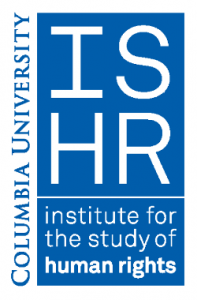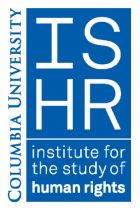Jennifer Monroe Zakaras

Mailman School of Public Health, Graduate
Sexuality and “Right to Privacy” in Bowers and Lawrence
AbstractThe “right to privacy” has been a mainstay of human rights discourse, most notably in Article 12 of the 1948 Universal Declaration of Human Rights and in a variety of state constitutions and legal codes. How this “right” is understood and legally operationalized, however, varies given time and place and especially when it intersects with different domains, such as sexuality. The legal and cultural understandings of privacy are key to conceptualizations of the individuals and groups allowed the benefits of rights affirmations and protections based on this principle. Unexamined assumptions about sexuality can also shape legal interpretations that, far from being neutral and objective, often invoke normative assumptions that constrict ideas of what individuals or dimensions of sexuality fall within the privacy sphere. Two significant U.S. Supreme Court cases addressing anti-sodomy law serve as instructive case studies of the way the principle of privacy has been invoked concerning rights pertaining to sexuality, and in particular, how conceptions of sexual rights can be both bolstered and narrowed by this principle. In analyzing the cases Bowers v. Hardwick (1986) and Lawrence v. Texas (2003), this paper explores how Constitutional understandings, “folk” ideas about sexuality, and other contextual factors interacted to determine whether and to what extent state intrusion in consensual adult sexual behavior was perceived as a violation of an individual’s right to privacy.






